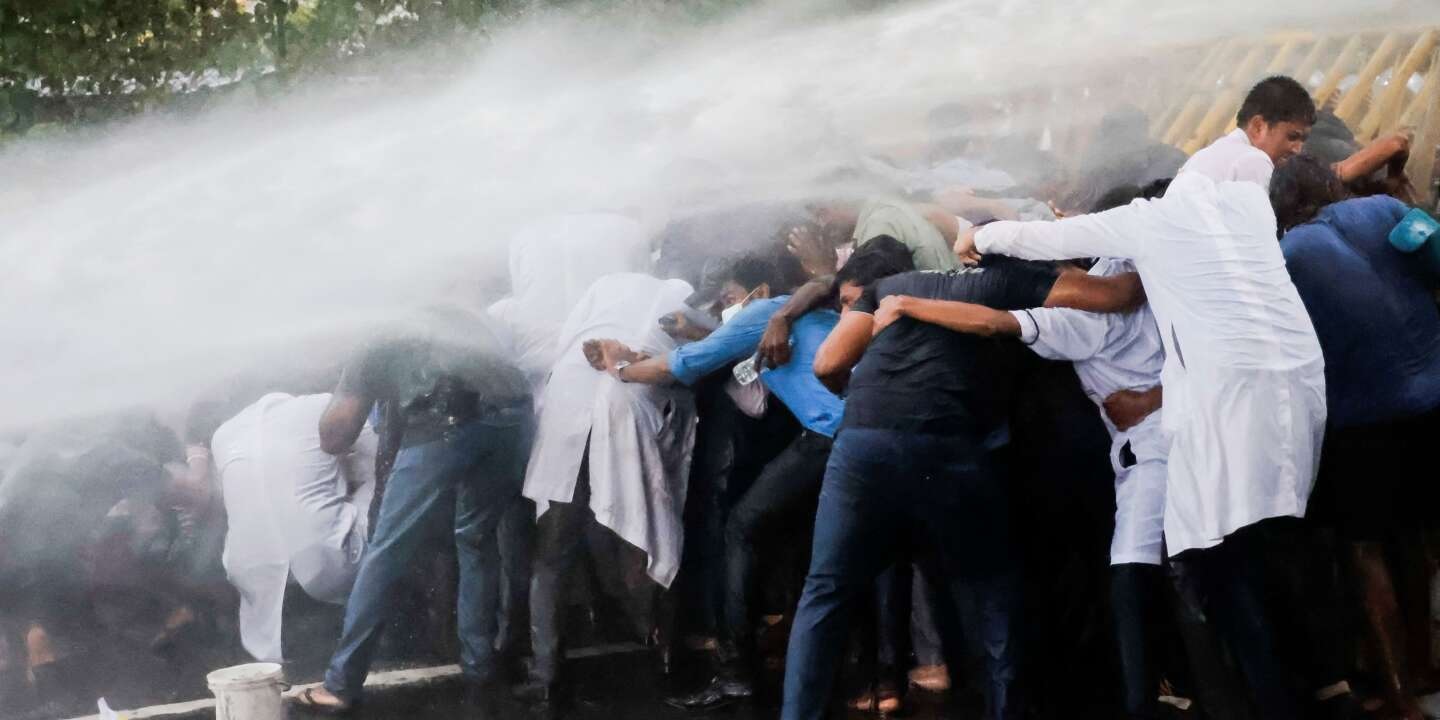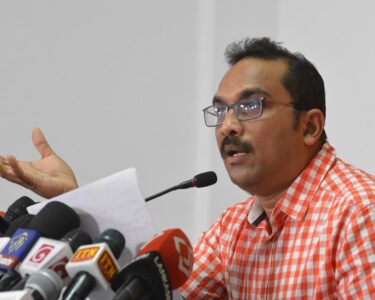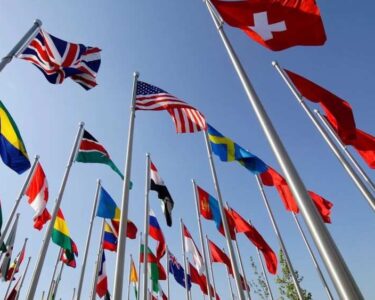Amnesty International’s latest investigative report sheds light on alarming human rights violations by law enforcement officials during protests in Sri Lanka, urging for accountability and justice. Titled ‘Ready to suppress any protest’ in Sri Lanka: Unlawful use of weapons during protests’, the report delves into the period between March 2022 and June 2023, revealing a troubling pattern of excessive force.
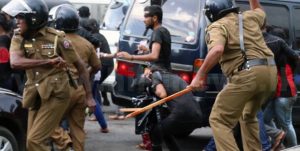
Throughout this period, Sri Lanka witnessed a wave of protests highlighting concerns over the economic crisis, corruption, and human rights abuses. However, instead of facilitating peaceful demonstrations, authorities resorted to violent repression tactics. The report documents instances where tear gas, water cannons, and batons were misused against largely peaceful protesters, violating international standards on the use of force.
Smriti Singh, Regional Director for South Asia at Amnesty International, condemns the heavy-handed approach of Sri Lanka’s police force, noting their failure to recognize the fundamental right to peaceful assembly. Singh emphasizes that authorities have a duty to safeguard protests rather than suppress them.
One of the most disturbing findings of the report is the indiscriminate use of tear gas, often deployed in excessive quantities and without proper warning, endangering the lives of protesters, including children. Additionally, water cannons were employed at close range, causing injuries even to bystanders and journalists.
Despite widespread reports of human rights abuses, there has been a glaring absence of accountability. Not a single law enforcement officer has been prosecuted for their actions during the protests of 2022-23. This lack of accountability perpetuates a culture of impunity within Sri Lanka’s security apparatus, emboldening further repression.
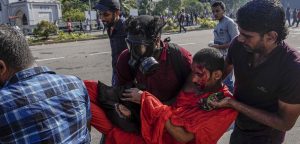
Impartial Investigations
Singh stresses the urgency for thorough and impartial investigations into these violations. Sri Lanka is obligated under international law to hold perpetrators accountable and ensure justice for victims. Failure to do so not only perpetuates human rights abuses but also undermines the country’s commitments under the International Covenant on Civil and Political Rights.
The use of excessive force by Sri Lanka’s authorities not only violates fundamental rights but also erodes trust in the government’s commitment to democratic values. Amnesty International’s report serves as a call to action for Sri Lanka to uphold its human rights obligations and address the grievances of its citizens through peaceful and lawful means.



